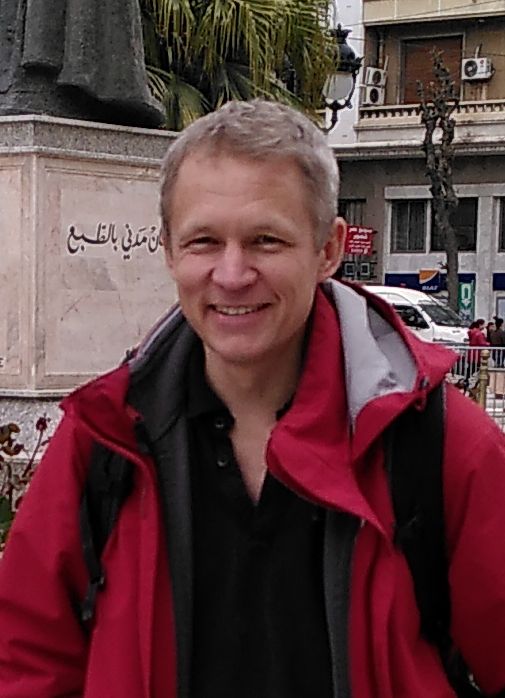2022
Project: Change, transition and performance of Tunisian agro-environmental governance: a polycentric perspective
Prof. Andreas Thiel
(Professor, International Agricultural Policy and Environmental Governance, University of Kassel / Germany)
Andreas Thiel holds the Chair of International Agricultural Policy and Environmental Governance and heads the corresponding section at the Faculty of Ecological Agricultural Sciences at the University of Kassel in Germany. Until 2016, he was a post-doc in resource economics and visiting professor in environmental governance at Humboldt-Universität zu Berlin. He is an affiliate member of the Vincent and Elinor Ostrom Workshop in Political Theory and Policy Analysis.
Thiel’s research interests concern polycentric governance in social-ecological systems, its performance and change. He develops this conceptual perspective in the context of research on water, biodiversity, climate change adaptation and agro-environmental governance at different spatial and jurisdictional scales in Europe, the Middle East and North Africa. In this regard, he leads several international research projects. For his research, he uses qualitative and comparative research methods, while his team also works with quantitative approaches, social network analysis and qualitative comparative analysis.

Project Resources & Sustainability
The provision and production of public goods in relation to resources can be conceptualized through the analytical lens of polycentric governance. The main proponents of normative polycentric governance had specific ideas about how the social sphere should be structured, modelled on an idealized North American federalist perspective. It is supposed to foster resilience and adaptive capacity, self-correction in the interests of citizens and consumers, and the efficient and sustainable provision of public goods. Its underlying cultural and systemic biases have rarely been researched. The proposed research on polycentric governance of agri-environmental relations in Tunisia aims to contribute to filling this gap. Tunisia stands out as an exceptional example in this regard, as it is a country in transition from an autocratic regime to a democratically constituted multi-ethnic and multi-religious state in North Africa. The explicit decentralization of state responsibilities has been an important reform in polycentric governance. It faces considerable sustainability challenges. At the same time, there are initiatives to transform agriculture. In this context, the research asks the following questions: How do constitutional rules affect agri-environmental governance in Tunisia since its transition to democracy? How is agri-environmental governance in Tunisia evolving and how is it affected by Tunisia’s transition from an autocratic to a democratic state? What is the role of decentralization for Tunisian agri-environmental governance and its transformation?
Contact: thiel[at]uni-kassel.de
For more information: Click here
